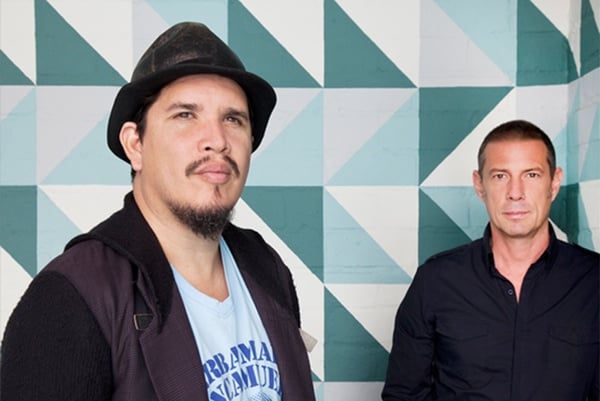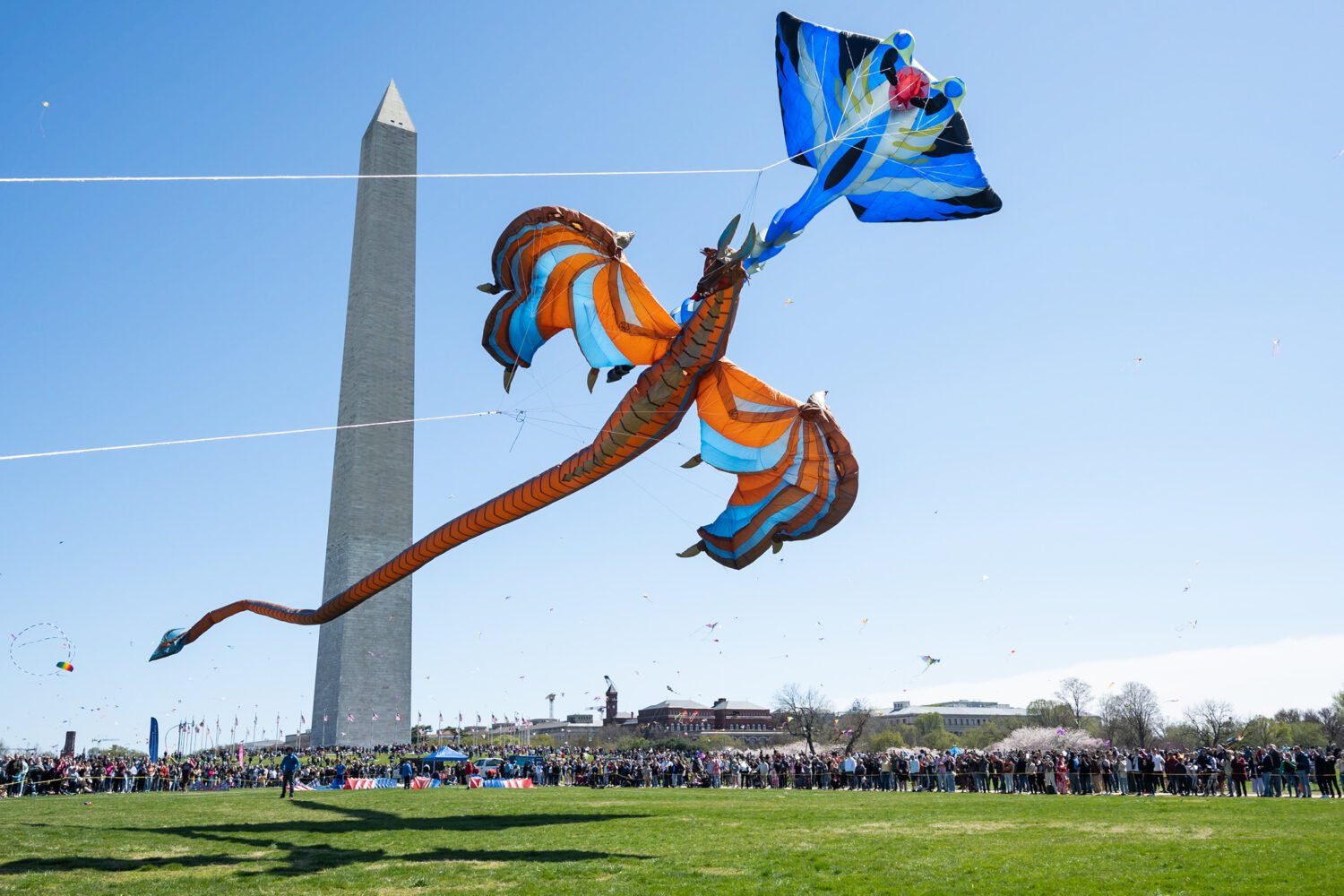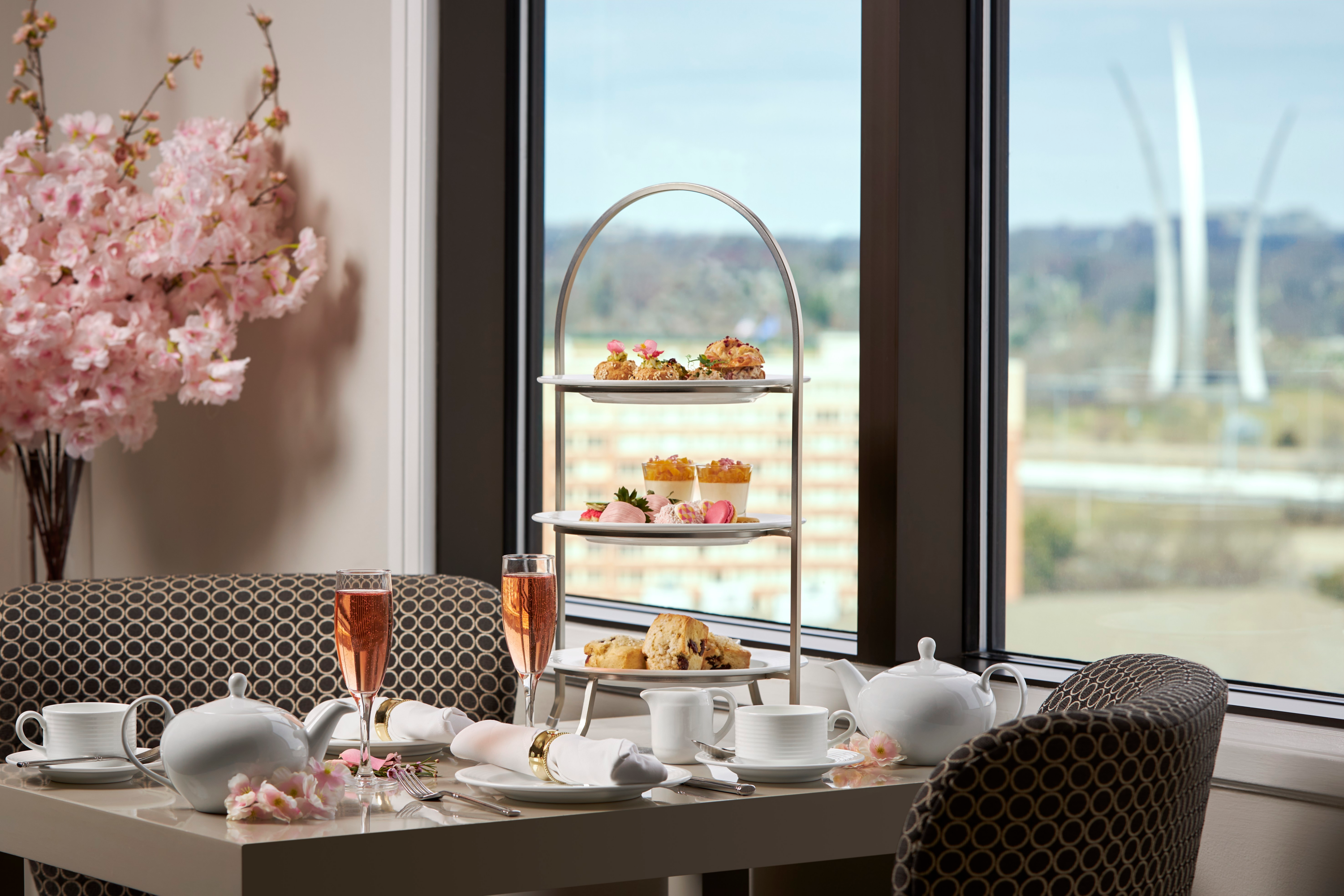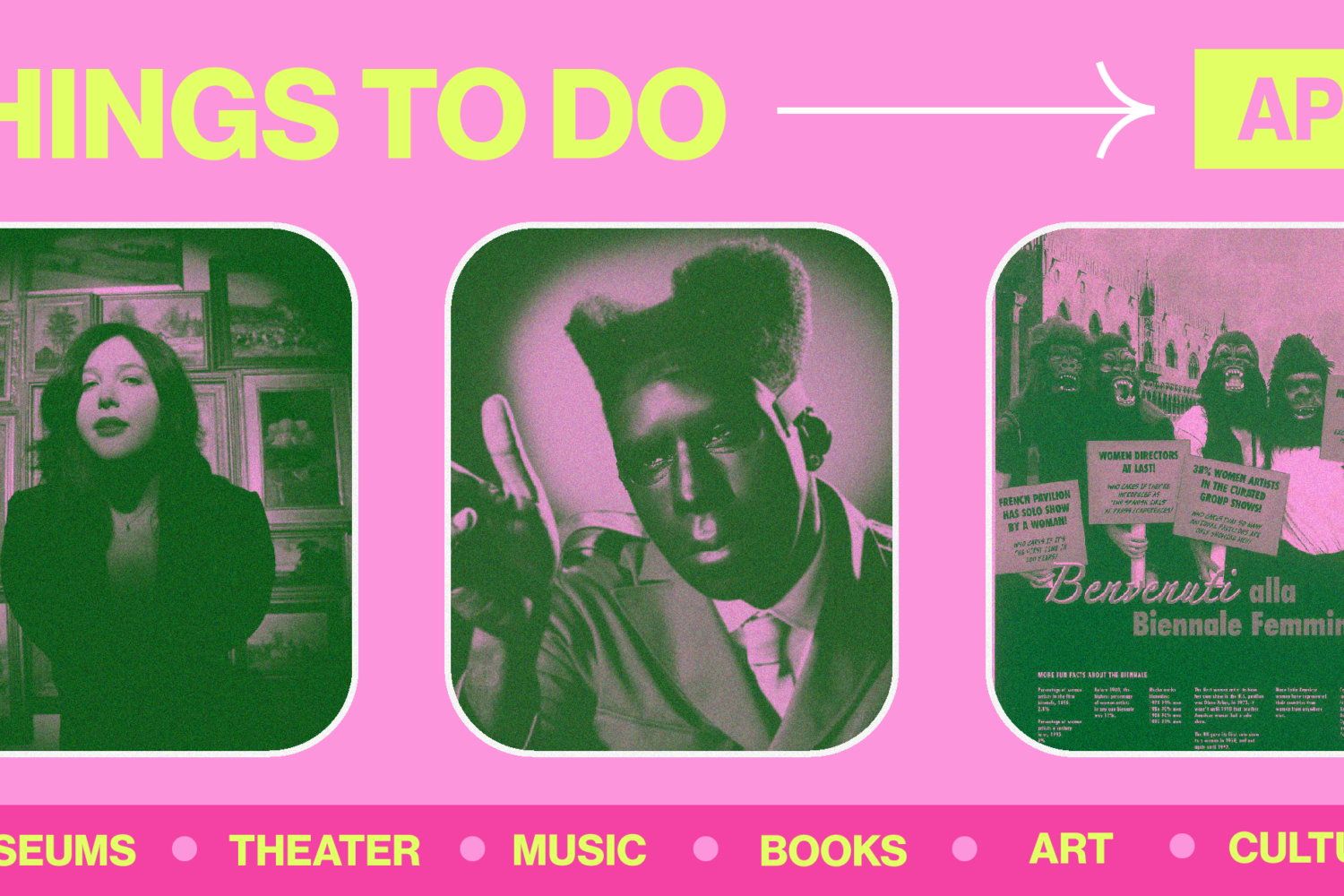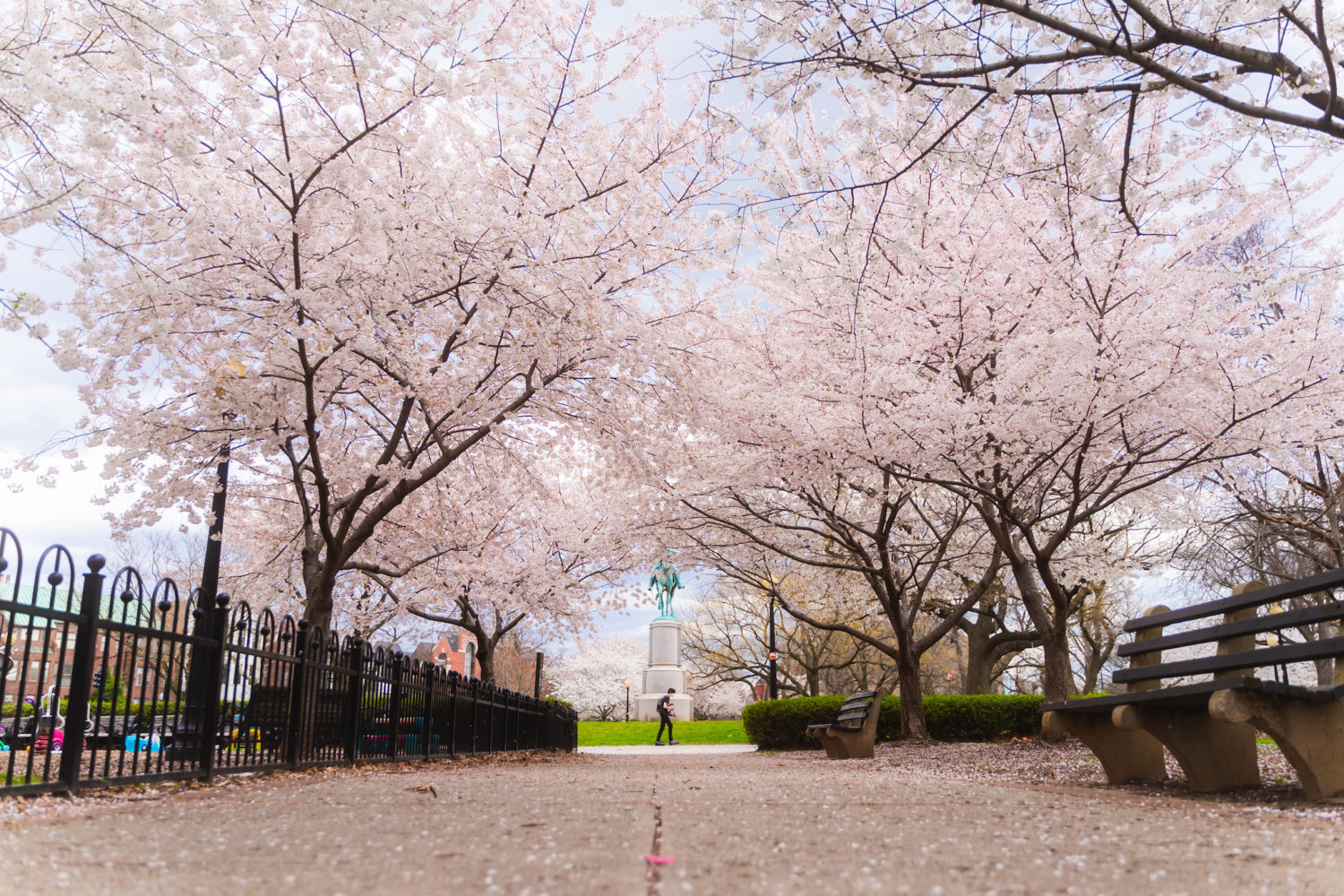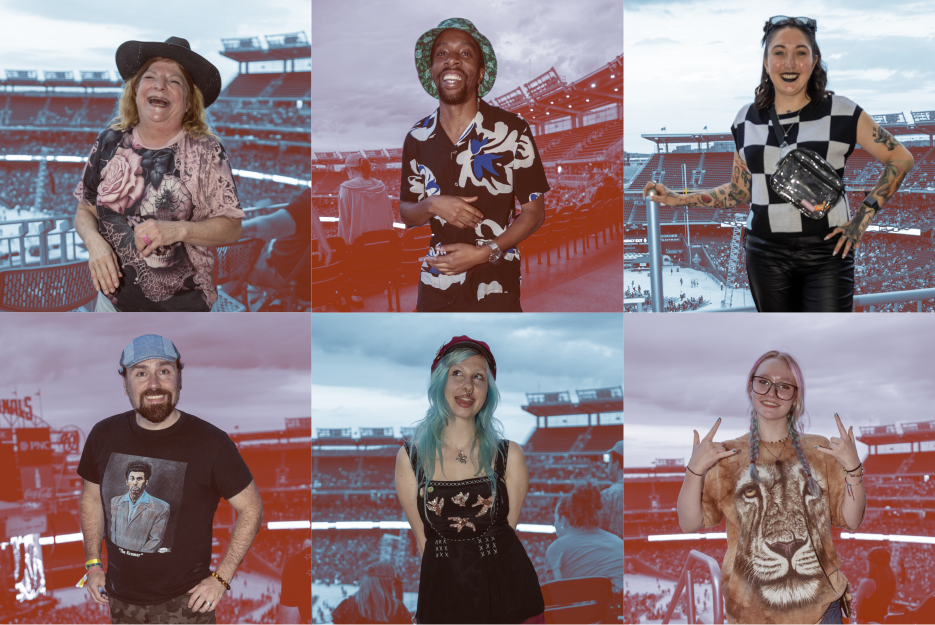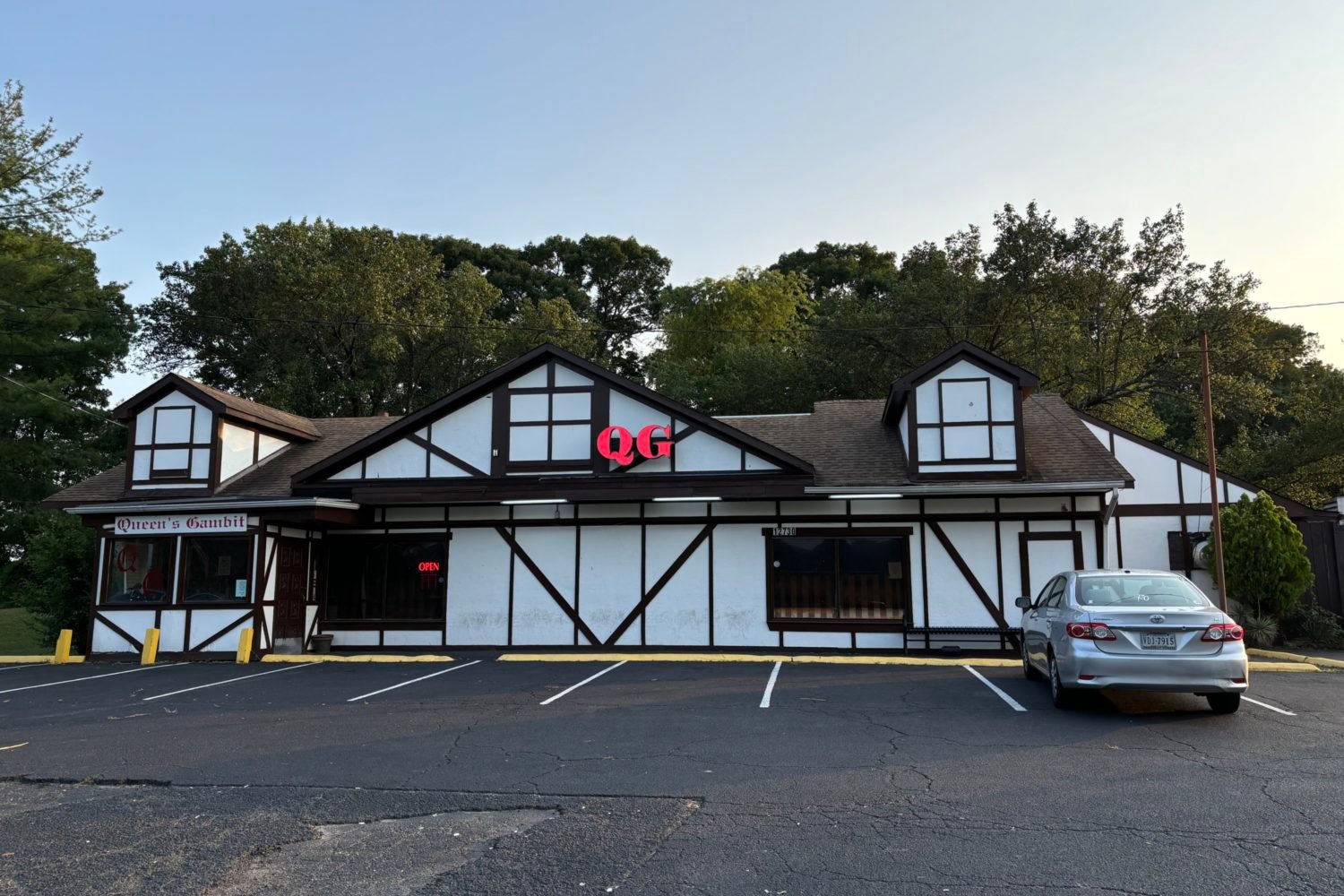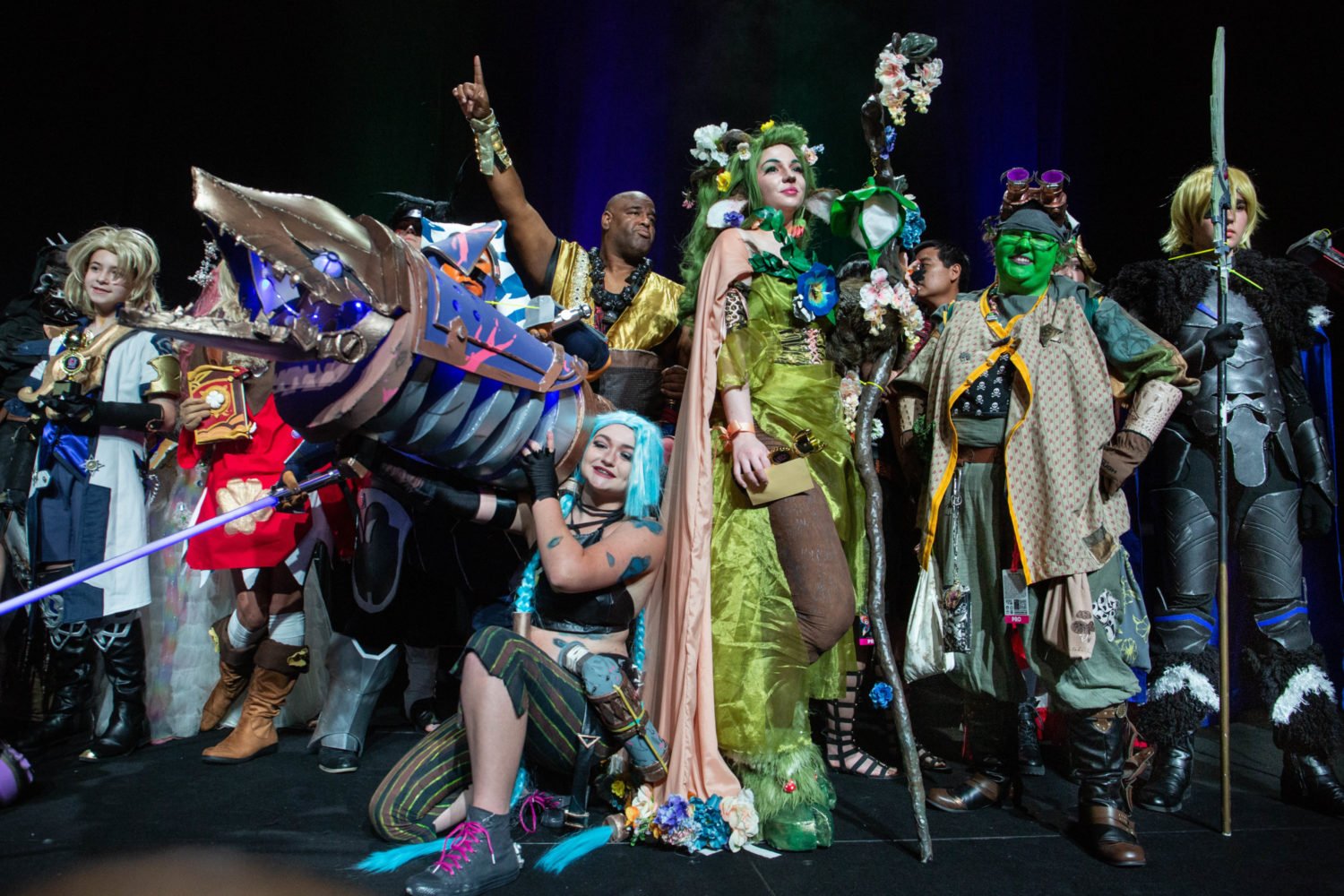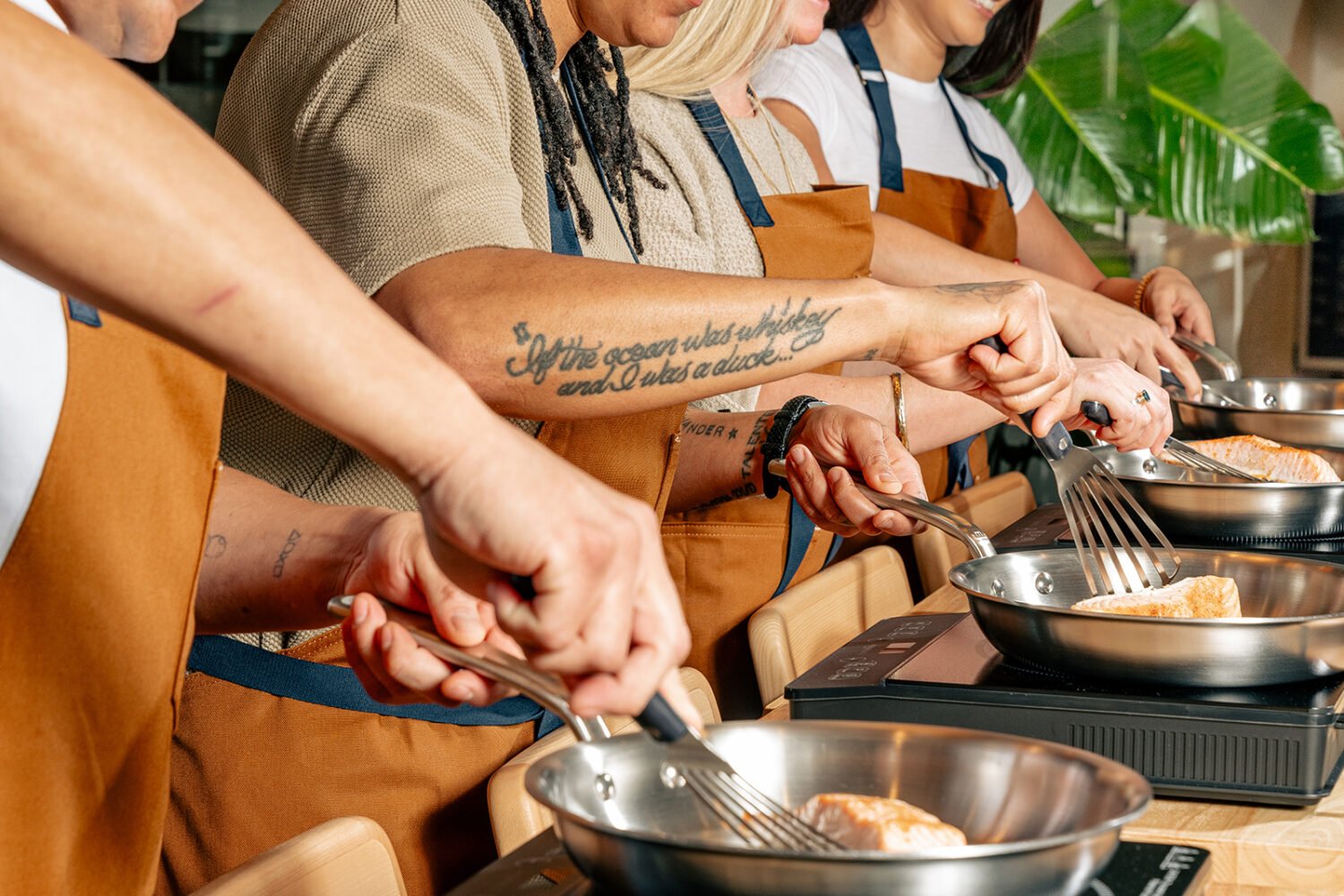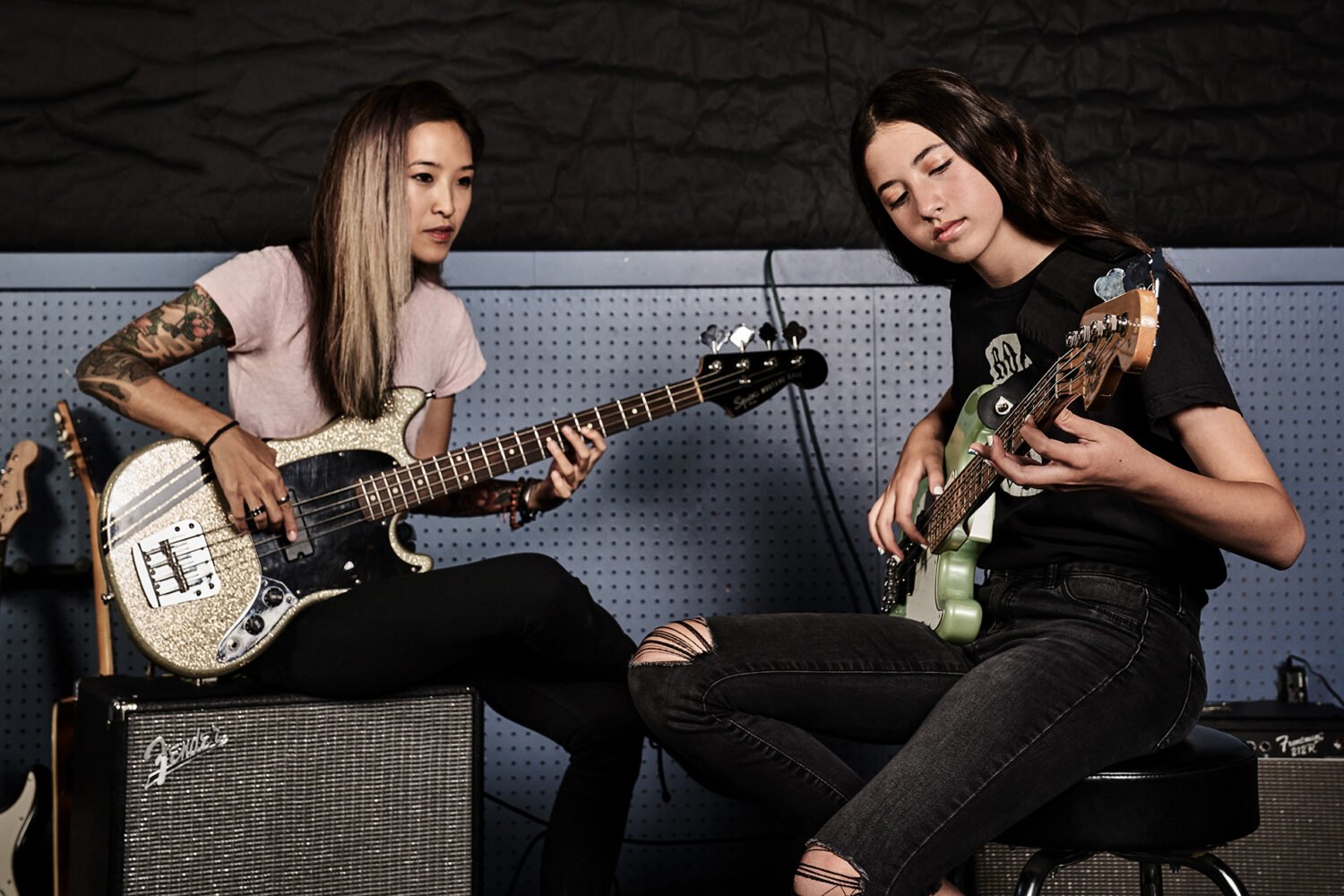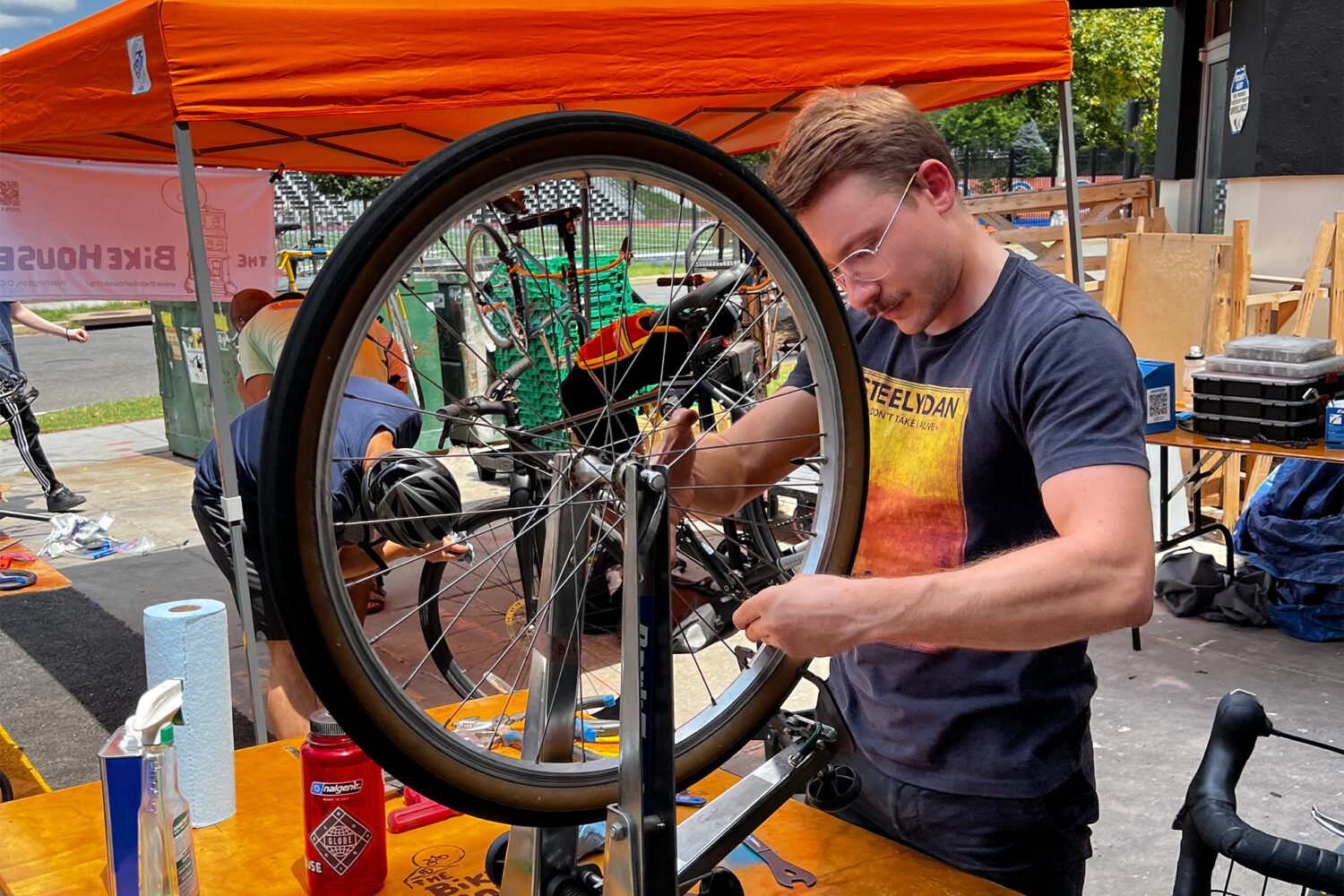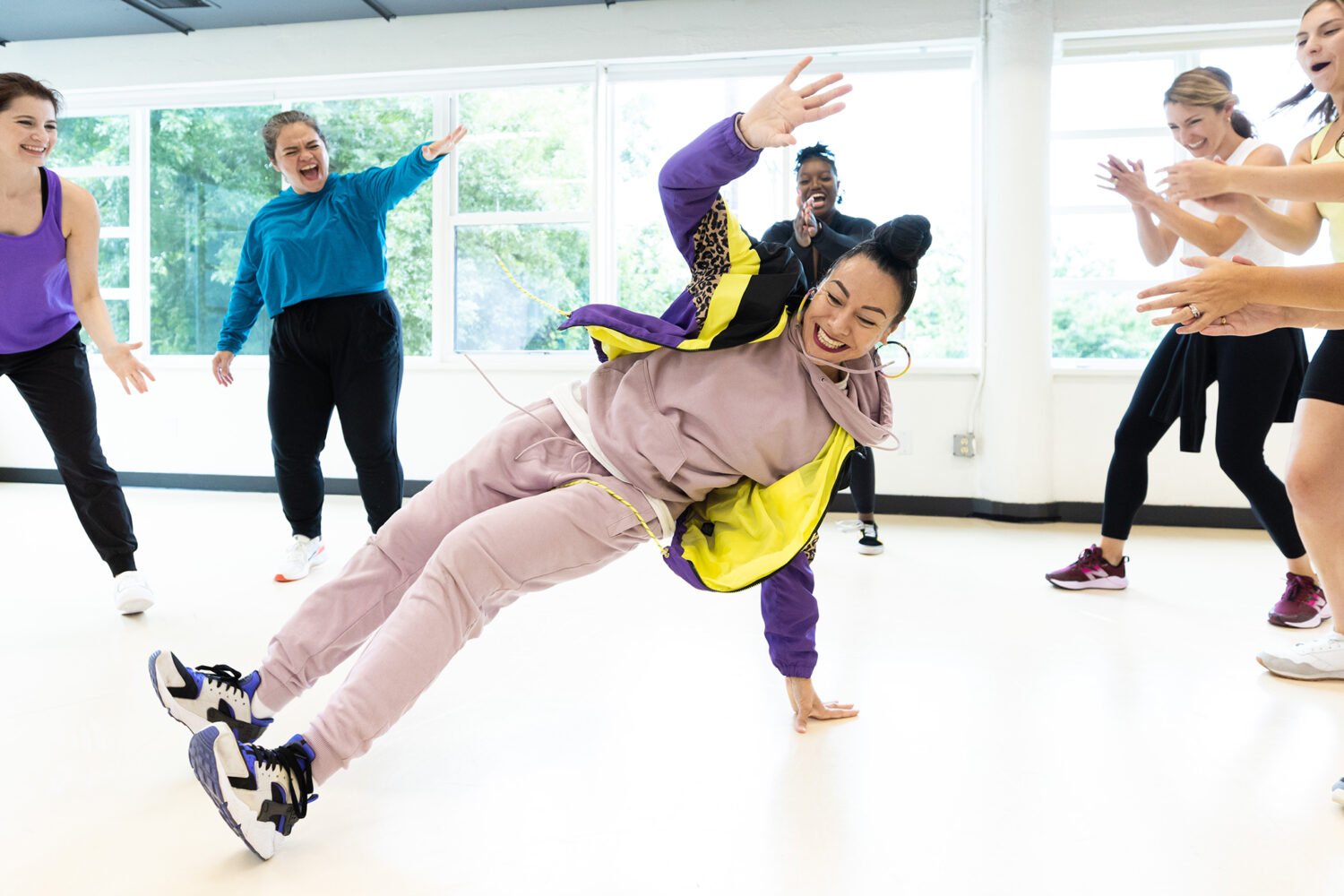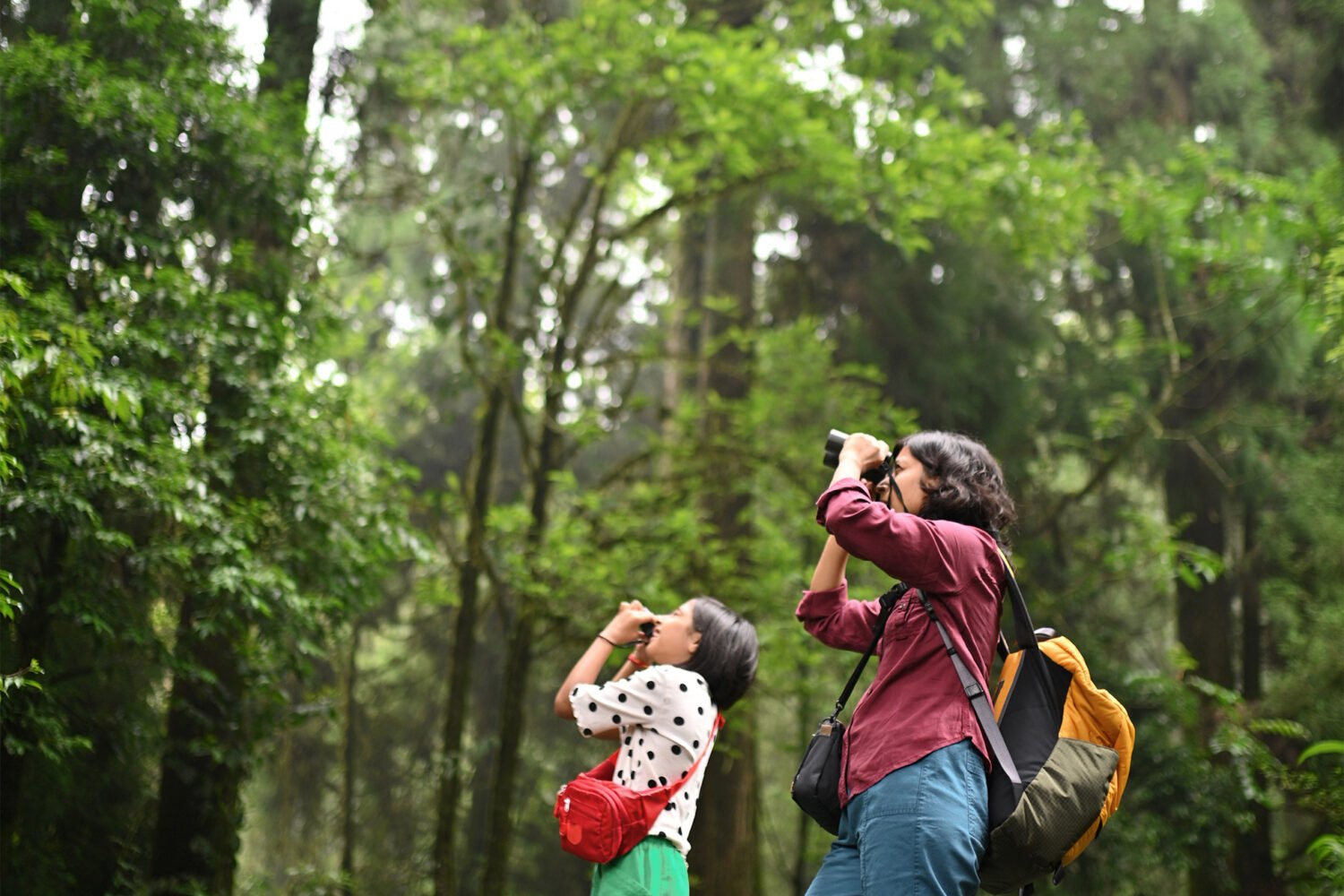Thievery Corporation will perform at Kastles Stadium on the Southwest Waterfront this Saturday. Photograph courtesy of IMP
Eric Hilton wears many hats—musician, co-founder of the ESL Music record label, and businessman behind Eighteenth Street Lounge, Marvin, and more—but first and foremost, he’s one half of Thievery Corporation, DC’s biggest music act. Unlike other locally-raised talent (here’s looking at you, Dave Grohl and the Walkmen), Hilton and partner Rob Garza are proud Washington residents, and with stakes in eight restaurants and bars, Hilton’s culinary holdings in the District are starting to rival those of Jose Andres. This Saturday, Thievery Corporation plays its first local show since the duo’s latest album, Culture of Fear, was released, at the Kastles Stadium on the Southwest Waterfront. We caught up with Hilton to talk musical influences, local pride, and more.
Kastles Stadium seems like an unusual venue. How did this show come about?
It’s a new venue for I.M.P. Productions, and it came about because we’d received a very good offer from the Fillmore, which is another brand new venue in Silver Spring. We’ve had a long-term relationship with Seth Hurwitz, the promoter behind I.M.P. and the 9:30 Club—I actually grew up going to 9:30, and I’m a big fan of what they do, and we’ve always played shows in DC with Seth. So I contacted him and said, look, we’ve received an offer we almost cannot turn down, so we have a big problem here. And he said, that is a problem. Let me get back to you in a week. And after a week he came back with the idea of playing the Kastles Stadium, and we really liked it, so that’s what we’re doing.
Tell me more about your relationship with Seth Hurwitz and the 9.30 Club.
I’m a big supporter of independent companies, especially local companies, and Seth’s story is really interesting. He started promoting concerts when he was a senior at Winston Churchill* High School. He’s self-made, and he’s kind of like the Bill Graham of DC—he’s brought so much good music here, and he never really branched out because he’s done so well here, and he’s a local guy. And then you have something like the Fillmore, which I have nothing against, but they have Live Nation behind them, a huge corporation, and it’s hard for me to support change. My heart says always to support the independent person who’s been here for 20-plus years. And I also really like playing shows in DC as opposed to in the suburbs, and I think our fans like that too.
This is your only East Coast show currently lined up.
We played in Brooklyn about six weeks ago, but apart from that, we aren’t really doing East Coast gigs right now. We’re doing a West Coast run in about a month.
Is there a reason for that?
It’s just timing. We wanted to have a light touring year this year, but we do get the offers, and sometimes we just have to get on the road to make ends meet. There was a European tour a few weeks ago, and a show in Australia. I imagine we’ll end up doing an East Coast tour some time next year.
You should go to London and calm people down.
Yeah, right? It’s crazy over there. I’ve been following that really closely, and it’s incredible. It’s not like it hasn’t happened before, but this seems on a larger scale, and it’s more widespread.
What does it mean for you to play a show in your hometown?
I’m trying to think of the right way to describe it. It’s just a warm, fuzzy feeling. To be appreciated for your craft in your hometown is a really nice thing. You definitely feel proud, but also very appreciative that people are actually paying attention to your music, and are moved by it. It’s more personal, because you know a few of the people out there. When you’re on the road in a foreign city, that’s nice too, and you realize how much music reaches people, but you don’t know anybody, so this feels different.
What else are you working on right now?
We’re halfway finished with another album that’s pretty different for us—it’s very quiet, electronically-made, almost an easy listening Bossa Nova record. Rob and I are very into old Brazilian music, and we felt like taking a break from all the hard beats and bombastic stuff, and doing a quiet, soft, late-night record.
Does it have a name yet?
It’s called Saudade, which sort of means “contented melancholy” in Portuguese. It’s the word that describes Bossa Nova in Brazil. It implies nostalgia—that feeling you get very often that isn’t necessarily bad, but melancholy. But a beautiful kind of melancholy.
How do you keep your sound fresh?
It’s always tough. You usually end up making about three songs for every one that you release, so it just depends on what happens in the studio that day, and at that particular time. It’s constant experimentation. But ironically, I also think a lot of the freshness comes from revisiting old forms of music and long-forgotten styles. A couple of songs on this latest record are inspired by an odd time in the ’60s when you had studio groups like Mystic Moods Orchestra, which would make music for film and TV but also blur the lines between genres, so you had rock songs with soul influences and strings, and sometimes even psychedelia, but it wasn’t one particular genre. They had the ability to experiment because they had so many players. If you think about all the modern technology we have, it’s almost like having an orchestra at your disposal, because you can play so man different types of instruments and layer tracks. So we get inspired by that older music, and then try to make it in a modern way.
Are there any new artists you’re excited about, or anything else we should check out?
We have one new record coming out very soon on the ESL label by AM & Shawn Lee. The single out now is extremely good. It’s more poppy than most things on ESL, but people are really enjoying it.
You’re known for being politically conscious. What do you make of the current climate?
We called our last record Culture of Fear for a reason, because we feel like, since September 11, people have been in this state of fear that’s somewhat manufactured. When people are fearful they’re easy to control, and I feel like everyone’s constantly waiting for the next shoe to drop. People are wondering, will my job be there next month, will the dollar be worth anything, is the stick market going to crash, will there be another terrorist attack? But generally, just from traveling around the world, I’ve learned that people are people. We’ve been to some controversial places in Russia and the Arab world, and everyone is always really nice and friendly wherever we go. I just don’t think there’s a whole lot to fear.
Finally, is there anything new with your restaurant empire?
The only thing I can mention, and based on our conversation I think it’s kind of ironic, is that a couple of friends and my brother and I are opening a new pub at the corner of Ninth and U, Northwest, called the Brixton. I’m a big fan of British immigrant culture and their musical contributions, and I really do love Brixton as a neighborhood. I used to go to a lot of shows at the Brixton Academy, and I feel like what happened in the ’60s in the U Street area is similar to the Brixton riots, so we’re like little sister neighborhoods. We’re going to serve food inspired by British immigrant culture, so chicken tikka masala, and kebabs, and some Trinidadian dishes, too. Spicy food.
As a former Brixton resid
ent, I’ll be happy to come along and add an air of authenticity.
You definitely should.
Thievery Corporation is playing the Kastles Stadium this Saturday, August 20. Tickets ($45) are available at the 9.30 Club’s Web site.
*An earlier version of this article stated that Seth Hurwitz attended Church High School, not Winston Churchill High School. We apologize for the error.
Subscribe to Washingtonian
Follow Washingtonian on Twitter
Follow the After Hours Blog on Twitter
More>> After Hours Blog | Arts & Events | Happy Hour Finder | Calendar of Events

